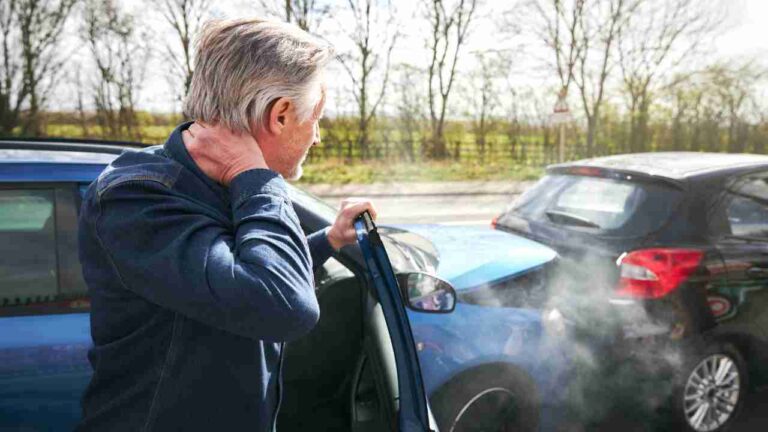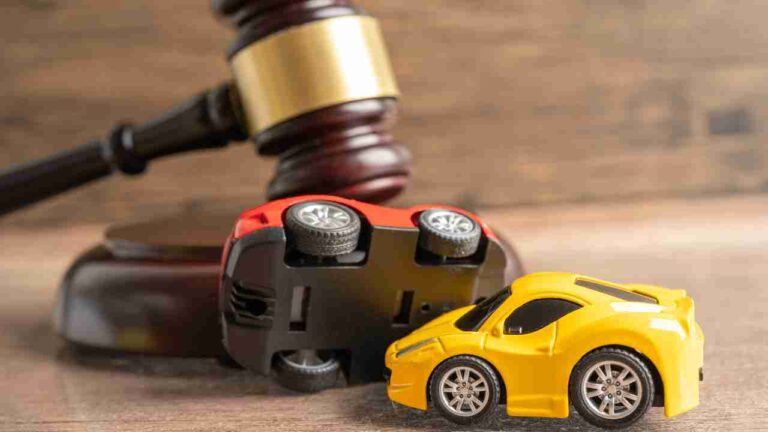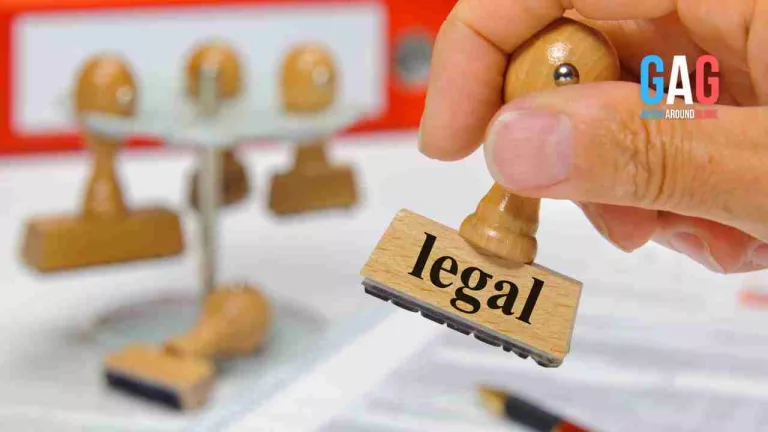Personal Injury Protection insurance is also known as PIP or “no-fault insurance”. It is a specific type of car or vehicle insurance that can pay for medical expenses due to crashes or unforeseen circumstances.
Explaining Personal Injury Protection Insurance
One of the most important aspects of PIP is its ability to cover not just the policyholder but also the passengers inside the vehicle when the crash occurred. Depending on the insurance you use, you don’t even need to obtain health insurance to gain medical protection, as it is included in the PIP.
There are limitations to the insurance though. When you pay your monthly, weekly, or yearly fee, it will allow you to claim up to a certain amount if an incident occurs. If the incident exceeds this limit, you will have to pay for the remaining medical expenses yourself.
There is also a limitation on how many passengers are included in the insurance too. For example, if your car seats 4 people, the maximum might be 3 or 4. If more people are injured in the accident, the insurance will not cover their medical expenses regardless of their costs.
The “no-fault” aspect of the insurance refers to an accident that wasn’t your fault. For example, if someone was tail-gating you when you put the brakes down, and this causes a back-end crash to your car, you wouldn’t be at fault. The fault can be put on the tail-gating driver who didn’t leave room for a braking distance. In this instance, you will receive a life insurance payout without much complication.
What Is The Difference Between Personal Injury Protection Insurance, Auto Insurance, And Liability Insurance?
Every state, bar Virginia and New Hampshire, requires liability insurance on their vehicles. It protects you against the financial costs of injuries to you or damages to your vehicle.
Auto Insurance is protection against the financial investment of your vehicle. You don’t need to be in a crash to use your auto insurance. If it was lost, stolen, or vandalized, you can still make a claim.
The difference between liability insurance and PIP comes down to who is responsible for the incident. If you are responsible, you need liability insurance to pay for the costs of medical and vehicle expenses and for the person involved too (if they make a claim against you).
If the other person or groups of people are responsible, then the PIP will pay for your medical or vehicle damages.
The second difference comes down to who gets paid the compensation. With liability insurance, third parties such as car shops or hospitals get paid. With PIP, the policyholder gets paid.
You may think there is no point in getting PIP if you have to have liability insurance anyway, but if you are hit by an illegally uninsured driver, then you cannot guarantee payment. With PIP, you can guarantee financial security from a “no-fault” accident.
Remember that sometimes no one involved is at fault. In these scenarios, you cannot rely on someone else’s liability insurance.
Should You Have PIP?
Because some vehicle accidents are caused by no fault from other people, and you cannot be sure if everyone on the roads is fully insured, you absolutely should have PIP. Some states require a minimum amount of cover anyway, but you should consider how much you are willing to pay.
If you pay for the smallest amount of cover, then you will have a small compensation packet after a crash, and you will need to cover any additional expenses yourself. But if you put more money into the insurance, the payout will be greater and you won’t have to worry about medical expenses while you are recovering.
Which States Require PIP?
Although you could hire a personal injury attorney after a crash, some states require the forethinking of PIP.
These states are Massachusetts, Florida, Puerto Rico, Kansas, Minnesota, New York, Michigan, North Dakota, Kentucky, Pennsylvania, Utah, New Jersey, and Hawaii.
Other states also require PIP, however, it should be included in your general auto insurance. These states are Oregon, Arkansas, Maryland, Delaware, and Texas.
Many other states suggest having PIP, but it is not a requirement.
Summary
To round up all of this information we will recap the definitions. Personal Injury Protection Insurance is a type of automobile insurance that protects you against medical costs when a crash wasn’t your fault.
PIP is required in many states, but because it only covers medical costs you still need auto insurance to cover damages to the car, and liability insurance when you are at fault for the incident.







